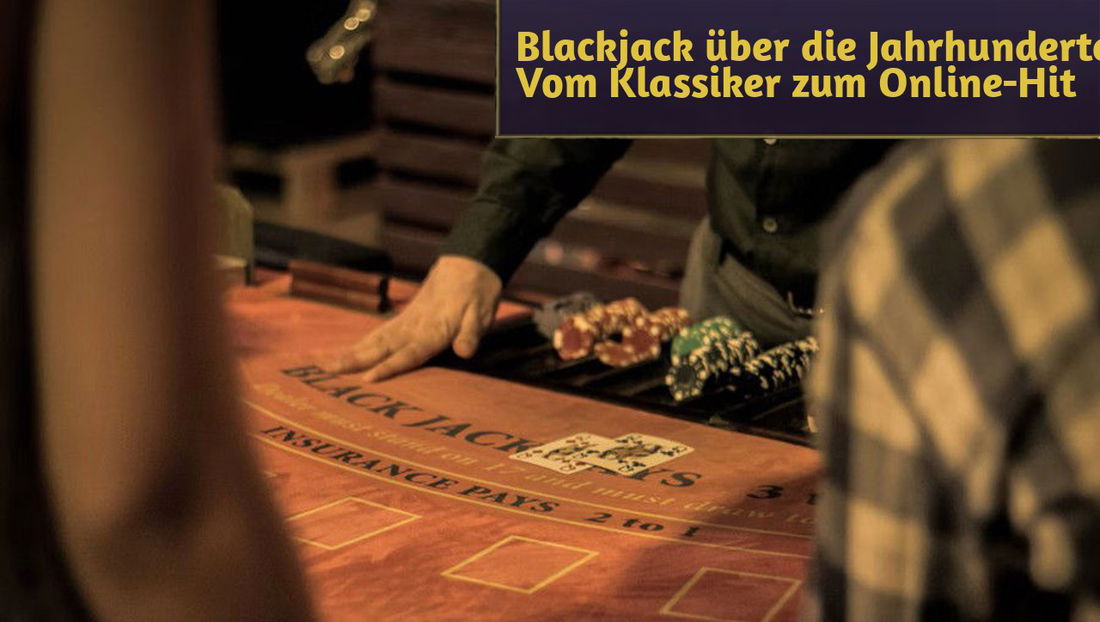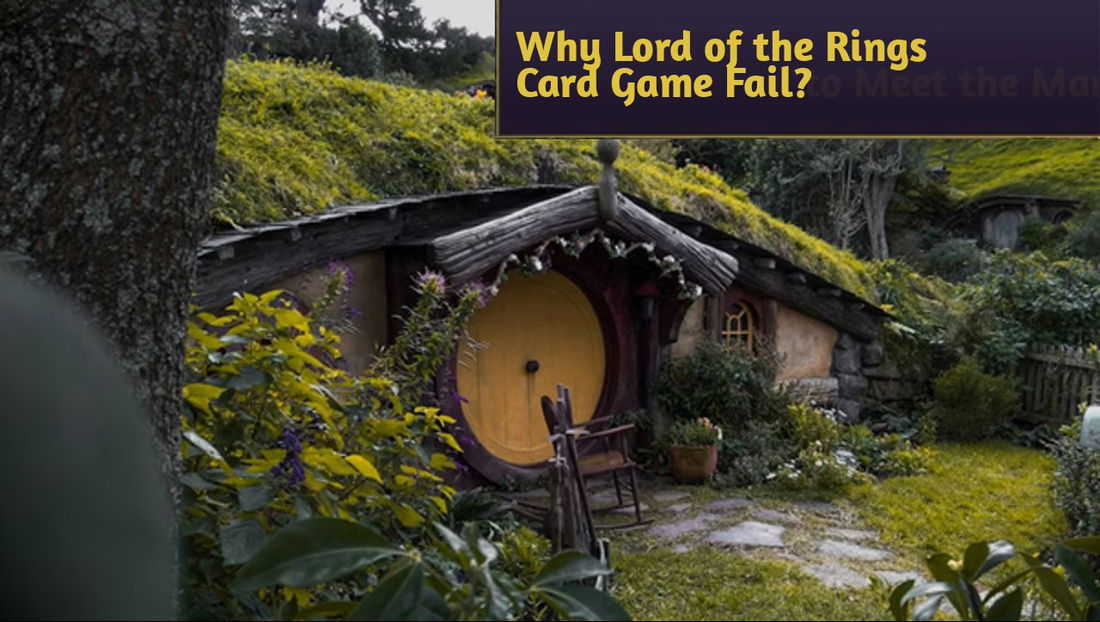Why do people spend real money on digital or physical cards? Why do we buy, collect, and even bet? The reasons go deeper than just a desire to win. There is a whole psychology behind betting. It taps into everything from dopamine hits to social identity. Let’s unpack it together.
1. The Thrill of the Hunt
There is a certain thrill in the chase, whether it comes to spinning the reels of a slot machine, a game with an online fantasy football card game, or the search for more bonus offers at the end of the line. You never know what is in that next pack. Will it be a rare, shiny, ultra-powerful card? That uncertainty is addictive. Psychologists call this a “variable-ratio reward system.” You get rewarded, but you cannot predict when this will happen.
Slot machines use the same trick. It triggers dopamine release. Dopamine is the brain chemical that makes us feel pleasure. Every time there is a chance we might win something big, our brains light up. So, ripping open packs feels good for a reason. It is deeply wired into our biology.
2. Control and Mastery
Collecting cards or betting strategically in games is not all luck. In many cases, players are building decks, studying probabilities, and learning how to outsmart opponents. That feeling of control can be incredibly satisfying. When people make “play-to-win” purchases, they are often investing in their ability to perform better. It is about being good at something and proving it.
We love feeling competent. Whether you are stacking your digital deck or betting on a real-world match outcome, you are engaging in strategic thinking. That makes your brain happy.
3. The Collector's High
Ever hear someone say they are not even playing the game; they are just collecting? That is fair. Collecting evokes our hard-wired impulse to collect sets and set the world in order. All the nice, clean cards in a binder, or that one rare thing you need to complete your collection, there is just something fulfilling about that. Psychologists call this the “completionist drive.”
It is similar to why people love puzzles or finishing a Netflix series. The brain craves closure. And in the world of trading and collectible cards, there is always one more card to chase.
4. Social Currency and Identity
The best part about collecting and betting on cards is showing it off. Owning rare or valuable cards gives you status in the community. It can be physical bragging rights or online recognition. Rare cards act as a kind of social currency. Some players even build their identities around their collections or their play style. Think about sports fans with memorabilia, or gamers who stream card pack openings. These things become part of who they are.
5. FOMO and the Scarcity Effect
Card games are good at using scarcity to drive behavior. Limited edition drops, exclusive cards, time-sensitive promotions — these are all tools to trigger Fear of Missing Out. Our brains make us impulsive when we feel like we are going to miss something special.
Scarcity adds perceived value. A card that is only available for a week or that is ultra-rare feels way more valuable than a common card, even if its in-game use is not all that different. That is why people often make quick “play-to-win” purchases. They do not want to be left behind or miss a competitive edge.
6. Betting as a Form of Agency
When it comes to betting, it is not always about greed. It is often about feeling in control of your fate. A lot of things are uncertain and out of our hands in life. But in a game? One can put a wager, make a decision, and see what the result will bring. Something to do; that gives one a feeling of power.
Betting also comes with the promise of a quick reward. Unlike slow grind games, betting lets you potentially level up or get ahead fast. That is a powerful attraction, especially for competitive players.
7. Nostalgia and Emotional Attachment
Let’s not forget the emotional pull. For many, collecting or playing with cards brings back childhood memories. This emotional connection is strong. We often associate certain cards, games, or betting moments with special times in our lives. It can be playing with friends, our first big win, or that time we pulled the impossible rare card. And once emotion is involved? Logic often takes a backseat. You are no longer buying a card. You are buying a feeling.
It’s Not “Just a Game”
So the next time you find yourself hovering over that “Buy” button or ripping open a fresh pack of digital cards, just know that you are not weird. You are human. This science of betting is multi-faceted and very relatable. It is a blend of biological, emotional, competition, identity, and is topped with a pinch of childhood memories. All you need to do is learn not to bite off more than you can chew in terms of responsible gambling, and enjoy the ride.











— تعليقات 0
, ردود الفعل 1
كن أول من يعلق